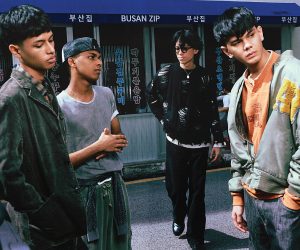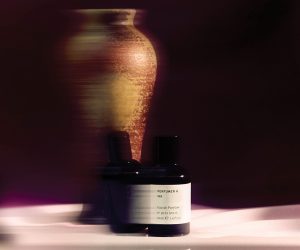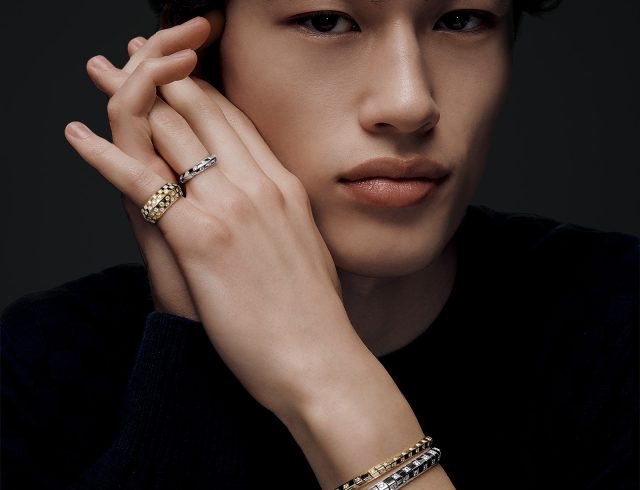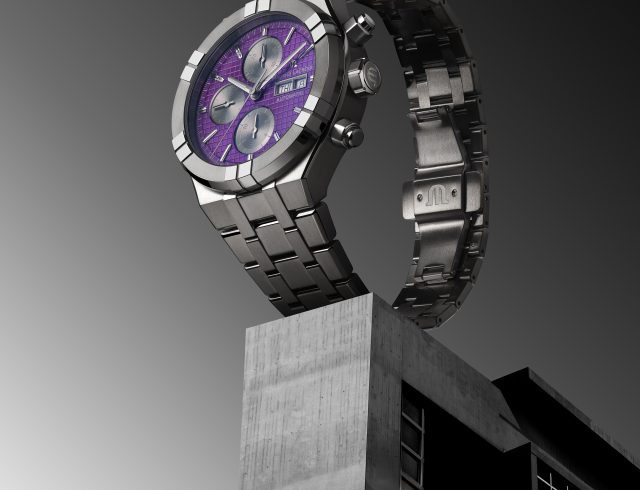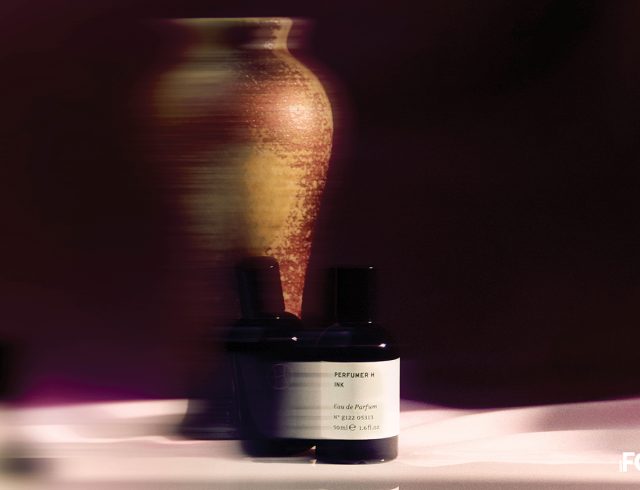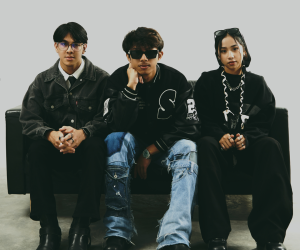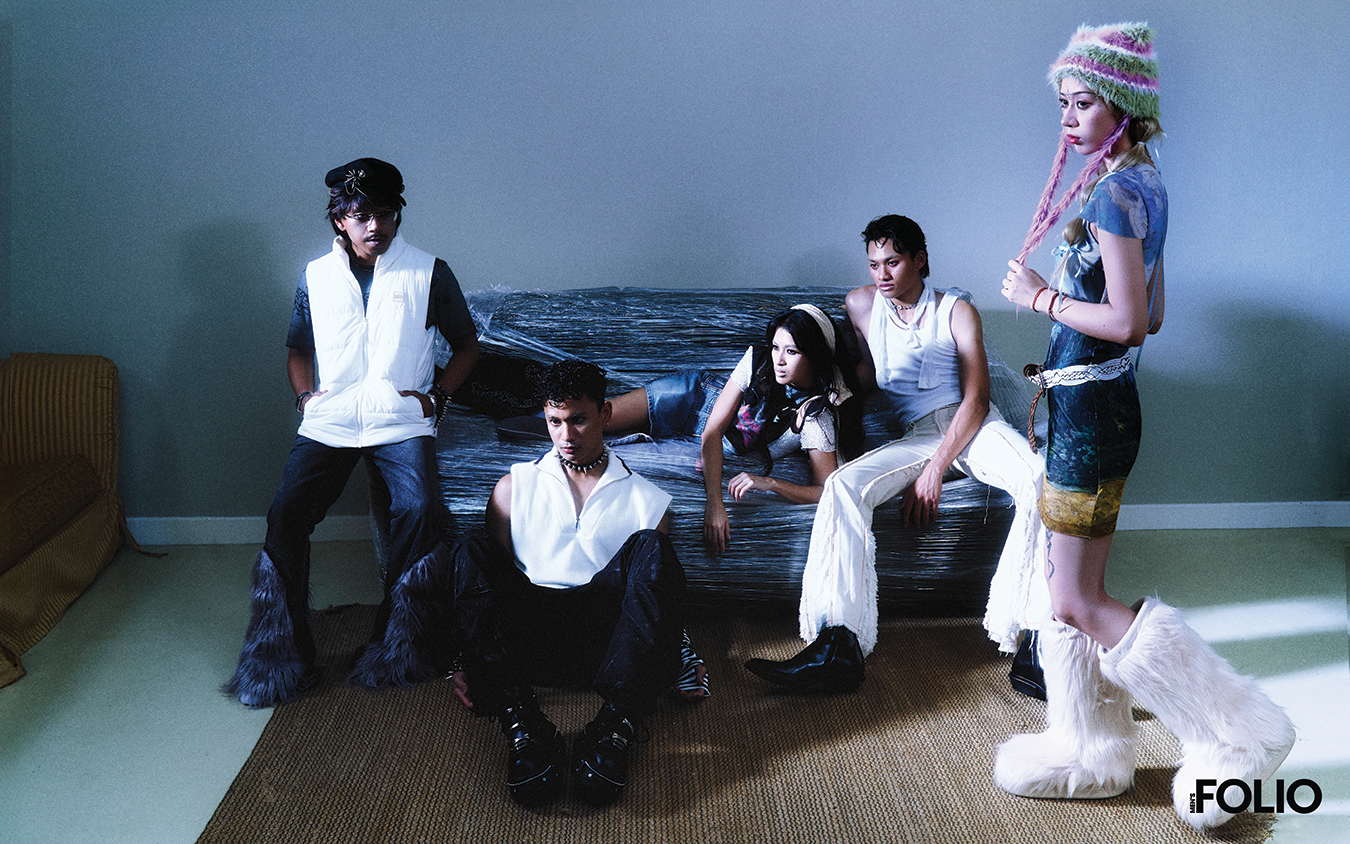
(Pictured above) From left : Luqman Podolski, Ucop, Johanis Sani, Imran Bard and Leeloo
Millennial humour or Gen Z brain rot? While the online debate rages on, a closer look reveals that these two generations might be staring into the same mirror — realising they are not so different after all. So why does it seem like the two generations are always lost in translation?
Does a weekend plan include another session of screen-time maxxing, consuming brain rot content, doom-scrolling TikTok the “For You” page to escape any form of original thought? If the above is sentence overwhelming, you are not alone. The internet has long been a place where culture and language intermingle. This shared online experience has produced a lexicon comprised of inside jokes, memes, and viral trends, resulting in a subculture that those who are not chronically online may find perplexing — if not alien.
Millennials — who first encountered the internet during their teenage years — once believed that their early exposure gave them a natural edge. They were, after all, the first generation to adapt to social media, blogging, and the first wave of digital entertainment. But this comfort zone was quickly disrupted when they met Generation Z — arguably the first cohort to come of age fully immersed in online culture. With internet challenges and viral content marking their formative years, Gen Z has lived much of their adolescence in the public digital eye, leaving behind a huge digital footprint. And now, even Gen Z is confronted with Gen Alpha, a generation that is — for the first time in history — fully raised online.
From the early 2010s to the present day, these shifts have ignited countless debates — especially between Millennials and Gen Z, whose online interactions sometimes feel like an endless cultural tug-of-war. One of the most glaring disconnects between the two generations lies in their sense of humour, often leading to the question: Are they laughing with each other or at each other? The memes, jokes, and references that resonate so deeply with one group can leave the other bewildered — or worse, defensive. Is it simply a case of cultural misunderstanding, or is there something deeper at play in these online exchanges?
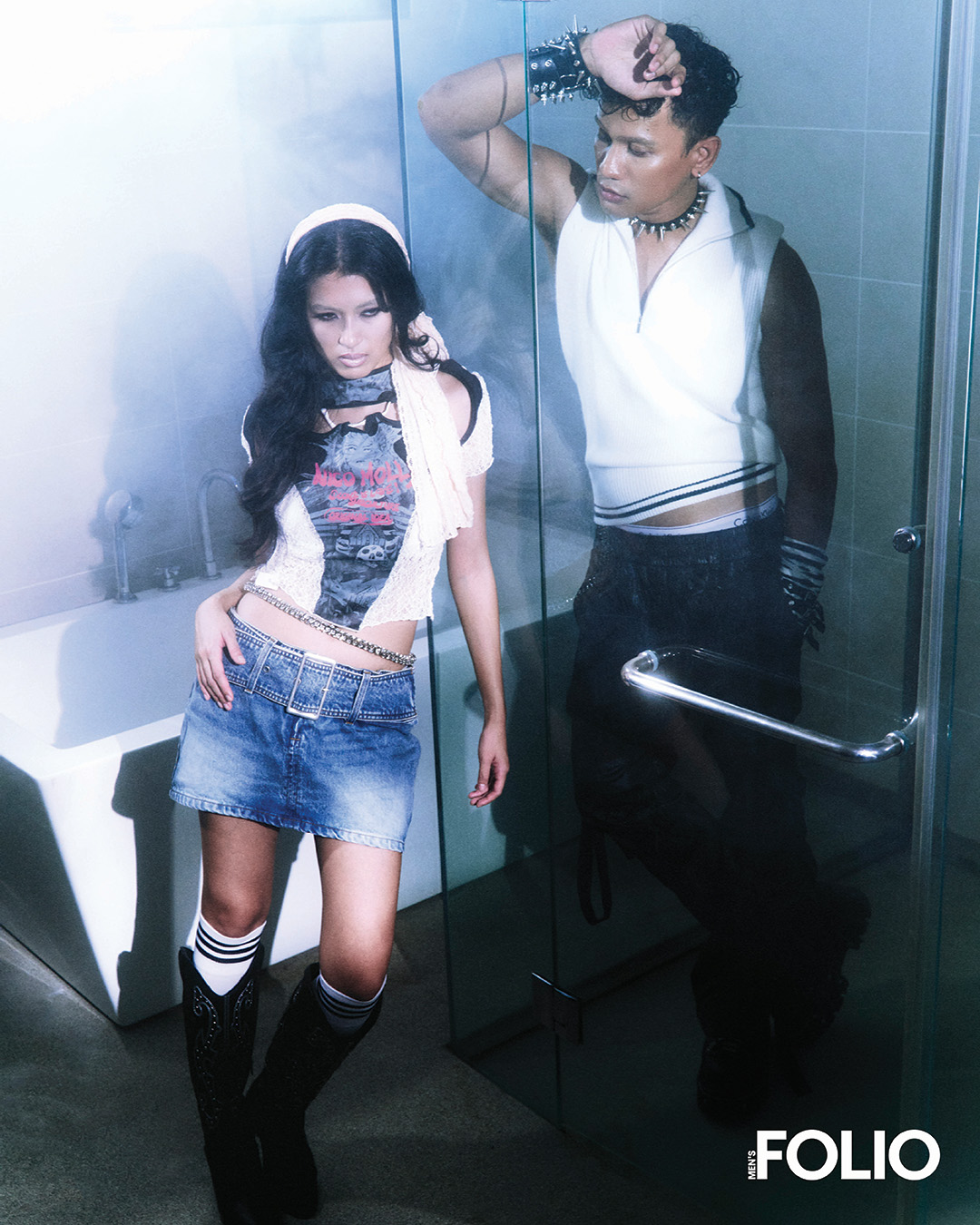
Johanis Sani (left) and Ucop
Perhaps those best equipped to answer these questions are the very influencers and digital creators who have shaped internet culture from its early days to the present, because who better to share about the complexities of the online experience than the creators who have witnessed its evolution firsthand?
For this issue, Men’s Folio Malaysia sat down with a group of creators — Johanis Sani, Luqman Podolski, Ucop, Imran Bard, and Leeloo — who have navigated the rise of social media from Vine’s six-second bursts of creativity to TikTok’s algorithm-driven explosion. Through their experiences, Men’s Folio Malaysia explore how the evolution of online culture has influenced the identities of Millennials and Gen Z, and what common ground — if any — exists between these two generations.
What is your first memory of the internet?
@j0.ms: I was eight when I downloaded MySpace, and it was the flex. Customising your blog was basically a status symbol, and the music — oh, the music — everyone was trying to out-cool each other. I wanted to be this punk rock princess — so naturally, I had Avril Lavigne on my page and thought I was the edgiest kid ever.
@luqmanpodolski: Yeah, it was around 2004–2005. I had Bunkface and Hujan on my MySpace and felt like the coolest person alive. Being emo and punk was a whole personality back then.
@servemoreyusof: And back then, everyone was going to cyber cafes just to get access to a computer. I remember how big of a deal it was to add friends on MySpace or Tumblr. People were so selective. Connections felt exclusive and intimate. Early social media was a different world. Privacy was everything, and people were careful with who they let into their circles.
@lawcombe: That is a solid origin story. Meanwhile, I only downloaded Facebook when I was 6, just to play the games. Habbo Hotel or Pet Society, those were all that mattered back then.
@imranbard: For me, it was YouTube from the start. My introduction to the internet was uploading videos, thinking I was going to go viral immediately. Looking back, I went straight into hustle mode. I skipped right over the fun and started chasing clout from day one.
Who was the first person you looked up to online?
@luqmanpodolski: PewDiePie. He was everywhere back then.
@imranbard: The local Malay Viners such as acidgaf, Articqid, Naddy Sushi. They were raw, creating this energy that felt real. Then I got into the Dolan Twins and was obsessed with the Sister Squad. It felt like I found my niche early on.
@j0.ms: The Dolan Twins were everything! But honestly, since then — now and forever— my ultimate favourite has been Bretman Rock. No one does it like him.
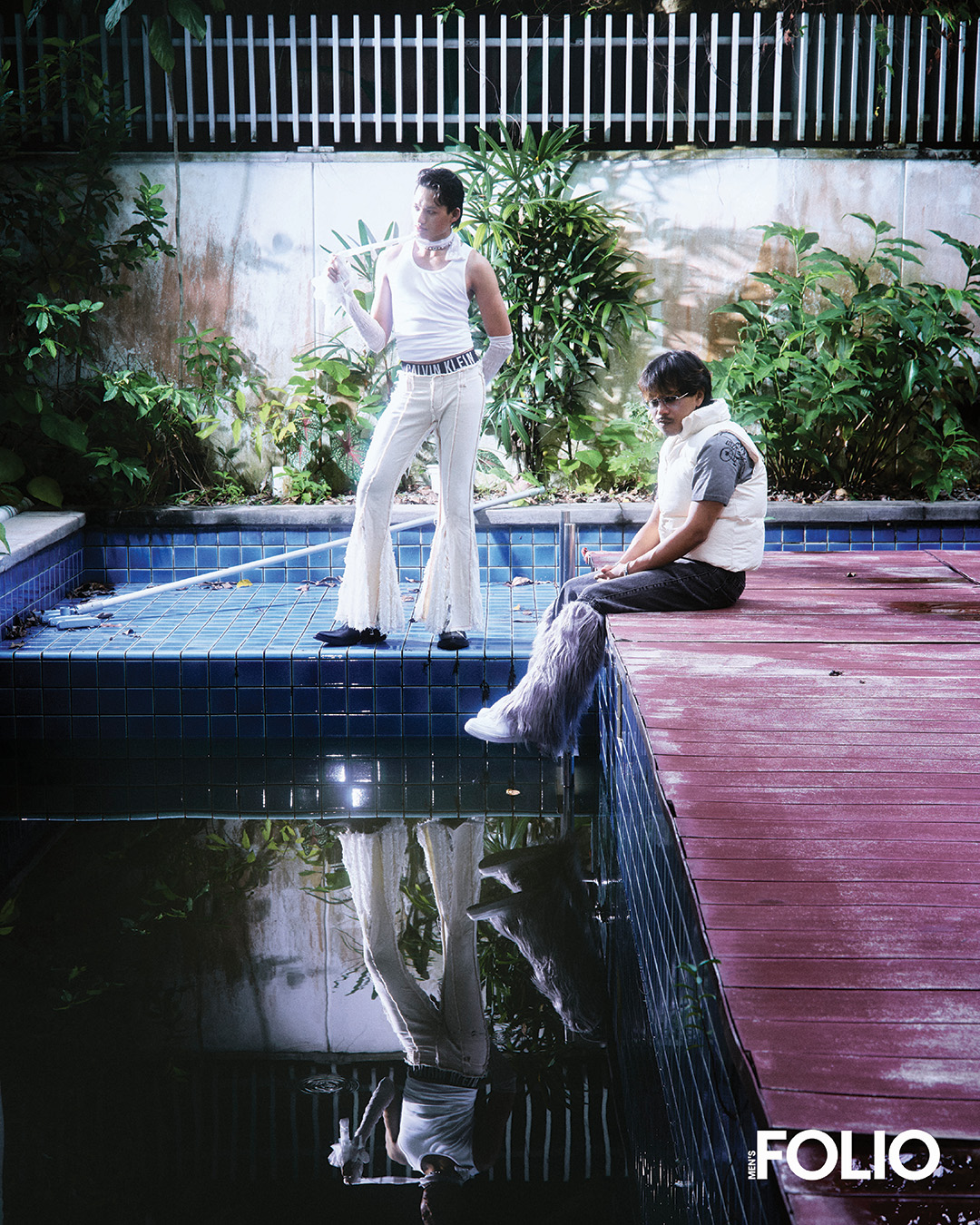
Imran Bard (left) and Luqman Podolski
From your perspective, how has your generation’s relationship with online content changed?
@luqmanpodolski: Oh, it’s changed a lot. I started out doing comedy skits, but now I’m focused on composing songs and rapping. I just don’t feel like I resonate with today’s audience through jokes anymore. There is this crazy oversaturation of content and creators now. The bar for humour is so high that if you are not funny, it’s almost criminal. Trust me, you’ll get publicly humiliated in the comments section for it.
@imranbard: Oh, for sure. Gen Z is a different breed. We’re way more — how should I put this — honest? Maybe too honest. If you post a video and we don’t find it funny, we won’t just scroll past. We’ll make sure to tell you that it is not funny. As if you asked for our opinion in the first place.
What about thoughts on the content coming from each other’s generations?
@j0.ms: I’m all for it. Honestly, people are more authentic than ever now, and I’m living for that. Like, yes, overshare your deepest lore on TikTok storytime because I’m seated and ready.
@lawcombe: From a Gen Z perspective, sometimes Millennials can really overdo it when it comes to content. There’s this sense of “ick” that washes over us when we see overly curated posts or when it feels like someone is just trying to get likes. If my generation is going to engage with something, it has to resonate on a real level. We want authenticity, something that doesn’t feel forced or manufactured.
How would you define the difference between humour for these two generations?
@servemoreyusof: Honestly, I am not just saying this because he is sitting next to me, but Imran is basically the poster child for what humour looks like today in our local scene.
When I think back to my early days from ten years ago, having an online presence felt like preparing for a big show. Content creation was all about the grind — planning out scripts, keeping your posting game strong, and meticulously crafting every joke. I mean, humour back then came in the form of elaborate 10-minute skits titled “10 Types Of People You See In Class” or over-the-top parodies of viral songs. It required serious acting chops and editing skills. If you tried that today, you would be lucky to scrape together 20 likes from your circle.
Gen Z humour is different. It is all about feeling effortless and real. I used to force myself into these elaborate characters online, thinking that was the key to getting laughs. Then I see Imran casually dropping something like saying “Gwenchana” and boom, it is a global sensation. The biggest difference is that I was trying to be a character, while Imran is just being himself. It is a total representation of how our generations view humour and connection.
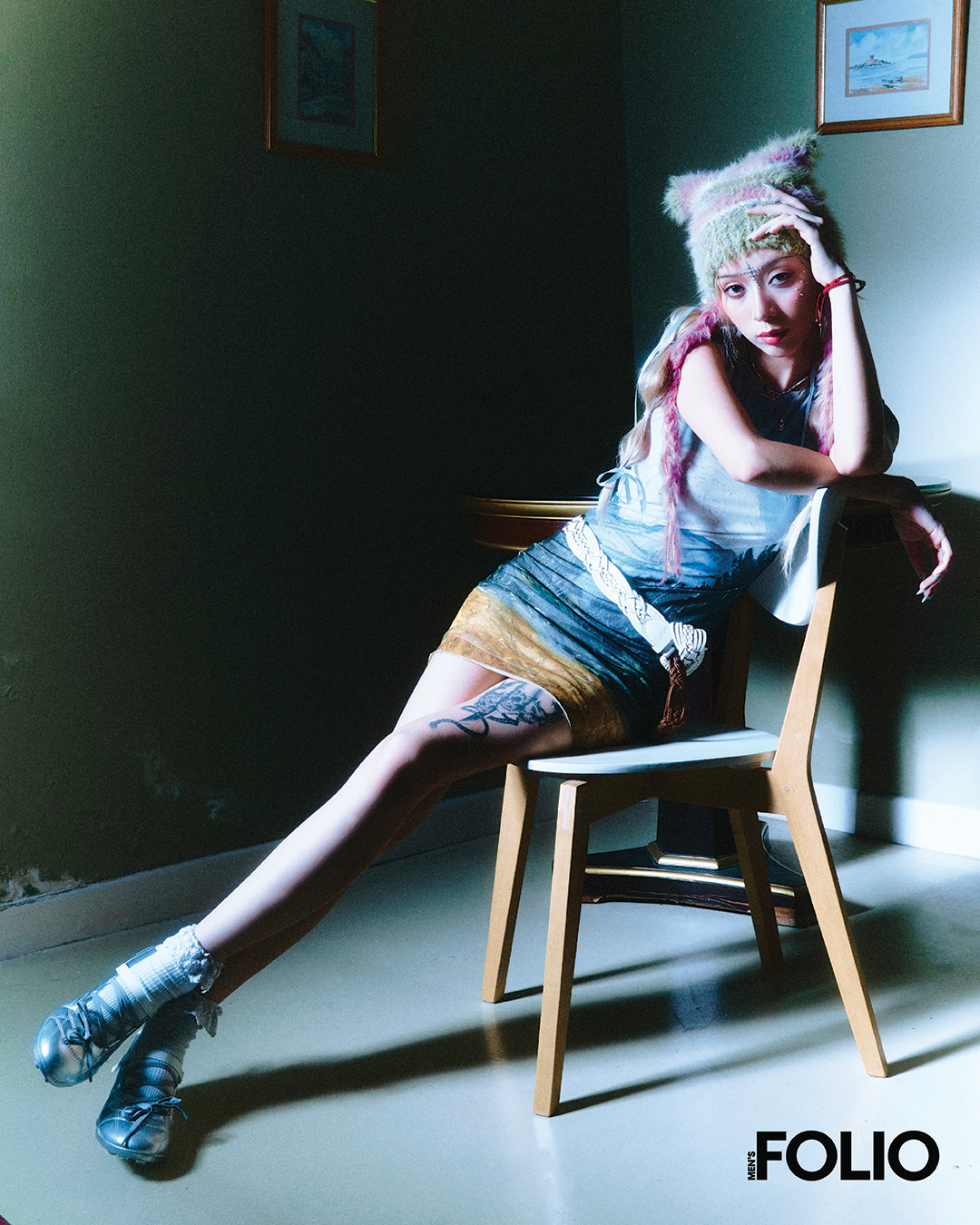
Leelo
Do you think the influencers from other generations had it easier than you?
@imranbard: Honestly? They had it pretty easy. There was not nearly as much competition back then than there are today. People were still hesitant to step into the spotlight, so if you dared to put yourself out there, you were bound to get noticed.
@luqmanpodolski: Yeah, it is easier to blow up now, but the loyalty is not the same. Fans back then were ride-or-die. Today you can have a million views, but no real following. So, I do believe that both generations struggle in different ways.
What is one thing you applaud and appreciate from each other’s generation?
@j0.ms: I have got to give it to Gen Z — they are so grounded in their sense of identity and way more expressive than we were.
@luqmanpodolski: Yeah, for sure. It is their willingness to show the imperfect parts of themselves online. They are open in ways Millennials never were.
@lawcombe: Honestly, the reason Gen Z can be so authentically themselves today is thanks to the internet trends started by Millennials when we were just kids watching from the sidelines. That whole era of #StayWeird, “Keep Calm And Be Yourself”, turning “couch potato” and “pizza lover” into personality traits — it was a vibe! It was all about embracing your quirks and differences. Millennials experimented with that first, and they paved the way for us to be unapologetically ourselves now.
@imranbard: Another thing I admire most is Milennial’s patience and consistency when it comes to success. They really put thought and effort into their content. So many of their influencers took years to build their platforms. Nothing was overnight like how it is today.
Has the internet made it easier to understand each other’s generations?
@imranbard: Definitely! We might joke or debate about who is better at what, but social media has genuinely bridged the gap. It has given me a broader perspective, allowing me to see and listen to others in a way that makes me more empathetic.
@servemoreyusof: After more than a decade of the internet and social media, I have come to believe that every generation has its strengths and flaws. There is this constant urge to think we are better than those who came before us. It is like looking in a mirror — you can either learn from it or resent it. The real challenge is to take those lessons and do better for the next generation.
Photography Joe Ng
Styling Liew Hui Ying
Grooming Fiona Yip
Hair Philex Chin
Grooming Assistant Jess Law
Hair Assistant LK Men
Photography Assistant Wong Guan Yan
Once you are done with this story, click here to catch up with our October 2024 issue.



